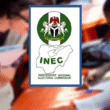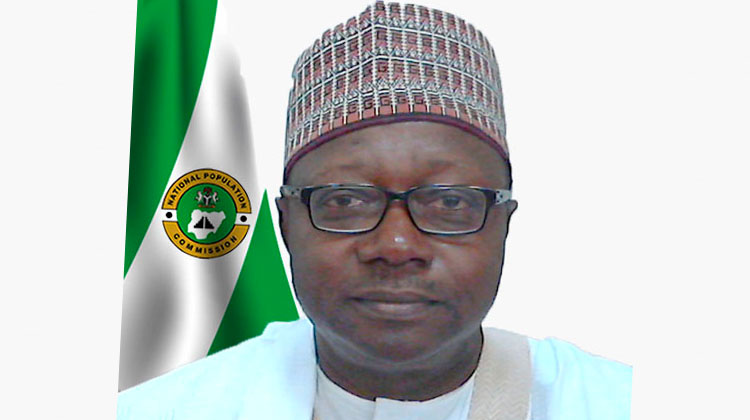Nigeria is set to conduct its population and housing census in 2025, nearly 20 years after the last national census in 2006.
The announcement was made by Nasir Kwarra, Chairman of the National Population Commission (NPC), during the 2024 anniversary of the Nairobi Summit on the International Conference on Population and Development, which took place in Abuja on Thursday.
According to Kwarra, the delay in conducting the census has been a major challenge for the country, as reliable data is crucial for effective decision-making and planning. He emphasized that despite these setbacks, the government is fully committed to holding the census in 2025.
“A reliable and accurate census is fundamental for good decision-making. But the government, at the highest level, is committed to conducting a census, and we believe it will take place next year,” Kwarra stated.
The upcoming census is set to take place 18 years after Nigeria’s last population count in 2006. This delay goes against the United Nations’ recommendation for countries to carry out population counts every 10 years.
Attempts to hold the census in 2023 were postponed under former President Muhammadu Buhari’s administration. The delay was primarily due to the desire to allow the incoming government to take charge of the process.
The NPC Chairman also addressed the significant consequences of the census delay, highlighting how the lack of up-to-date data has hindered the country’s ability to make informed decisions, especially in rural and underserved regions.
He pointed out that Nigeria’s failure to conduct timely censuses has also affected progress on critical issues such as sexual and reproductive health rights, gender-based violence, and overall social inclusivity.
The NPC boss stated, “We are gathered in the spirit of a shared commitment to progress, inclusivity, and the empowerment of individuals, particularly women and young people.
“Our focus is on advancing sexual and reproductive health, eliminating gender-based violence, and promoting equal opportunities for everyone in our nation.
“We must continue our march to address these challenges head-on. For many in our communities—particularly women, girls, and young people—sexual and reproductive health rights remain out of reach.
“This is not just a health issue; it is also an issue of social and economic justice. When individuals are denied the ability to make choices about their health and lives, it limits their potential, reduces opportunities, and impacts society as a whole.”
During the event, Toyin Saraki, founder of the Wellbeing Foundation Africa, also spoke, pledging continued advocacy to support the International Conference on Population and Development (ICPD) agenda. She called on various sectors, including private and philanthropic organizations, to work together in achieving the goals of the ICPD and ensuring sustainable progress in these areas.










